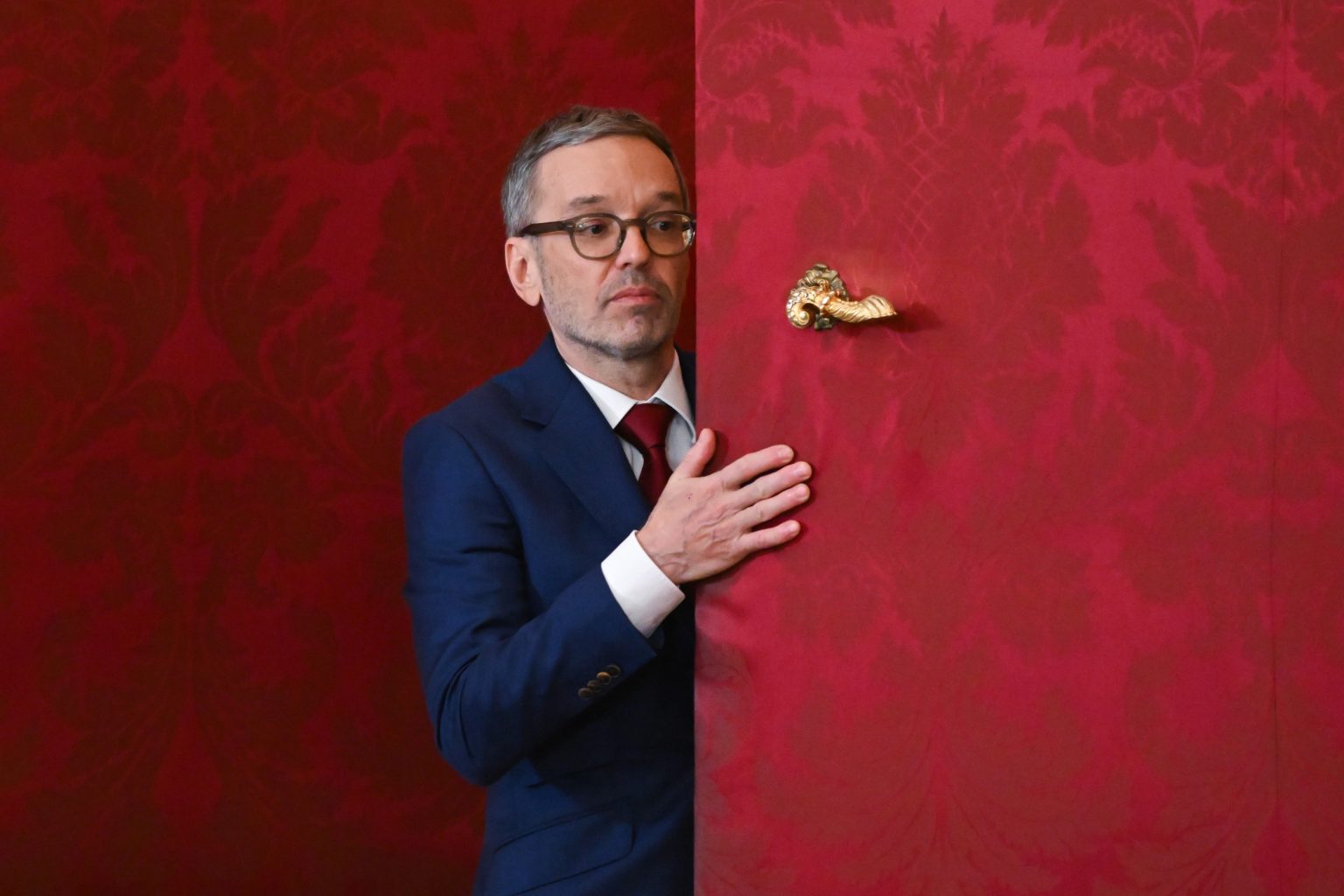The political landscape of Austria has undergone a seismic shift with the mandate granted to Herbert Kickl, leader of the far-right Freedom Party, to form a new government. This unprecedented development marks the first time since the end of World War II that a party with such a distinct ideological leaning has been entrusted with this responsibility, raising concerns both domestically and internationally about the future direction of Austrian politics. The Freedom Party’s ascent to this position follows its victory in the September parliamentary election, where it secured 28.8 percent of the vote, surpassing the conservative Austrian People’s Party (ÖVP) led by the outgoing Chancellor Karl Nehammer. This victory signifies a growing resonance of the party’s nationalist, anti-immigration, and eurosceptic platform with a segment of the Austrian electorate.
The path to this outcome has been marked by political complexities and failed attempts at coalition building. Initially, President Alexander Van der Bellen tasked Nehammer with forming a government. However, the ÖVP ruled out a coalition with the Freedom Party, and other parties similarly refused to collaborate with the far-right. These attempts ultimately collapsed, leading to Nehammer’s resignation and prompting a reconsideration of potential alliances. The ÖVP subsequently signaled a potential shift in its stance, indicating a willingness to consider joining a government led by Kickl, a move that paved the way for the President’s decision to mandate Kickl with the task of forming a government.
The potential alliance between the Freedom Party and the ÖVP, while not guaranteed, appears to be the most viable option in the current fragmented parliament. Although the two parties have shared power in the past, the Freedom Party has always occupied a junior role. Their most recent coalition, spanning from 2017 to 2019, included Kickl as interior minister, a period marked by controversy and ultimately ending in scandal involving the then-leader of the Freedom Party. This history raises questions about the stability and longevity of any future coalition. Furthermore, polls suggest that another election in the near future could further bolster the Freedom Party’s position, potentially increasing their leverage in any coalition negotiations.
The Freedom Party’s political platform, encapsulated in its “Fortress Austria” manifesto, presents a vision for the country that prioritizes strict border controls, limitations on asylum rights, and a focus on creating a more homogenous nation through the “remigration of uninvited foreigners.” These stances reflect a nationalist and anti-immigration sentiment that has resonated with a portion of the electorate. Beyond its domestic agenda, the party has also expressed strong opposition to sanctions on Russia, voiced skepticism towards Western military aid for Ukraine, and advocated for Austria’s withdrawal from the European Sky Shield Initiative. These positions highlight the party’s critical stance towards international cooperation and its preference for a more independent foreign policy.
The prospect of a Freedom Party-led government has elicited mixed reactions. President Van der Bellen, while acknowledging the challenges facing Austria, emphasized the importance of adhering to the principles and rules of the constitution. He underlined the difficult economic environment characterized by recession and rising unemployment, and the need for potentially unpopular measures to restructure the state budget. These comments reflect the President’s awareness of the complex political and economic landscape that the next government will inherit. Kickl, for his part, has remained tight-lipped about his next steps following his meeting with the President, leaving the specifics of his coalition-building strategy unclear.
The mandate granted to the Freedom Party represents a watershed moment in Austrian politics. While the ultimate outcome of coalition negotiations remains uncertain, the possibility of a far-right party leading the government has raised concerns about the future direction of the country, particularly regarding its stance on immigration, European integration, and international relations. The evolution of this political drama will be closely watched both within Austria and across Europe, as it potentially signals a broader shift in the political landscape. The success or failure of Kickl’s efforts to form a government will have far-reaching consequences not only for Austria’s domestic policies but also for its relationship with the European Union and the wider international community.

